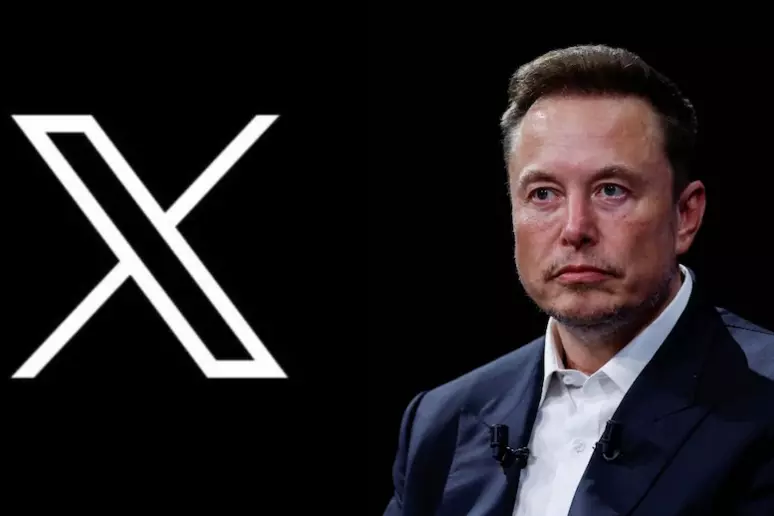Frustration is mounting in the European Parliament as 20 Members, led by European Democratic Party Secretary General Sandro Gozi, have issued a formal call for urgent action from the European Commission regarding its stalled investigation into X (formerly Twitter) under the Digital Services Act (DSA). Their message is clear: continued inaction is threatening the credibility of one of the EU’s most ambitious regulatory frameworks.
Marking 500 days since the investigation was formally opened in December 2023, the letter, addressed to Commission Vice-President Henna Virkkunen, expresses grave concern about the lack of a conclusion or meaningful progress. The signatories highlight growing evidence that the platform may be in breach of the DSA’s requirements on algorithmic transparency, political neutrality, and risk mitigation during elections.
In a sharply worded statement, Gozi declared, “The credibility of the European Union is on the line. We cannot allow institutional inertia to undermine a tool designed to safeguard our democracy in the digital age. 500 days of silence are unacceptable.”
At the core of the lawmakers’ concern is a body of academic research and investigative reporting suggesting that X’s recommendation algorithms systematically amplify far-right content, and, in particular, posts from its owner Elon Musk. According to peer-reviewed studies cited in the letter, the platform’s algorithm disproportionately boosts conservative content—especially for new users—and has granted Musk’s personal posts an average increase of 6.4 million additional views since July 2024, coinciding with his endorsement of Donald Trump’s campaign.
The letter also outlines cases of disinformation and potential electoral interference facilitated by the platform. In Germany, Musk’s public endorsement of the far-right AfD has stirred national controversy. In the UK, Prime Minister Keir Starmer was the target of a disinformation campaign, with government officials accusing Musk of deliberate attempts to destabilize democratic institutions. Similar concerns were raised in Ireland, where X was accused of fueling riots in Dublin in late 2023 by failing to curb violent misinformation. And in Romania, Musk openly defended a far-right presidential candidate disqualified for links to Russian interference, calling the country’s top judge a “tyrant.”
“These documented episodes—and the growing body of academic research and journalistic investigations—highlight not only the platform’s potential to distort democratic discourse, but also the urgent need for regulatory clarity and enforcement,” the letter reads.
The MEPs’ demand is focused and procedural. They are calling for the Commission to provide immediate updates on five key areas of the DSA: algorithmic transparency, election-related risk assessments, independent audits, enforcement measures for non-compliance, and a clear procedural timeline. The letter questions whether X has submitted the required risk assessment report under Article 34 of the DSA and whether an external audit of its recommendation system under Article 37 has begun.
“This isn’t just a matter of platform governance—it’s about democratic security,” said Gozi in the release. “Each month without enforcement deepens public skepticism and weakens the EU’s hand.”
The pressure is building not only from lawmakers. The letter comes amid broader debates over the EU’s ability to enforce landmark digital legislation as new geopolitical and technological challenges test its institutional resolve.
All MEPs from the European Democratic Party have co-signed the letter, joined by members from the Socialists & Democrats and the Greens/EFA. Together, they represent a growing coalition in Parliament determined to push the Commission into action.
With European elections on the horizon and digital platforms continuing to shape political discourse, the stakes are higher than ever. As Gozi warned, “The credibility of the Digital Services Act is at stake.” Whether the Commission responds decisively in the coming weeks could determine not just the future of one investigation, but the fate of Europe’s wider regulatory ambitions.












